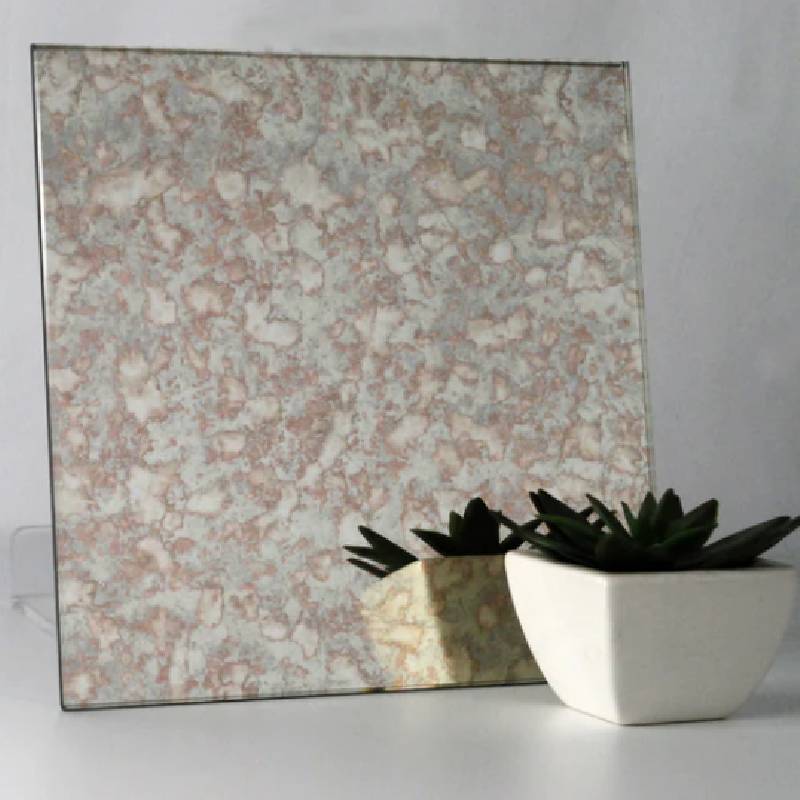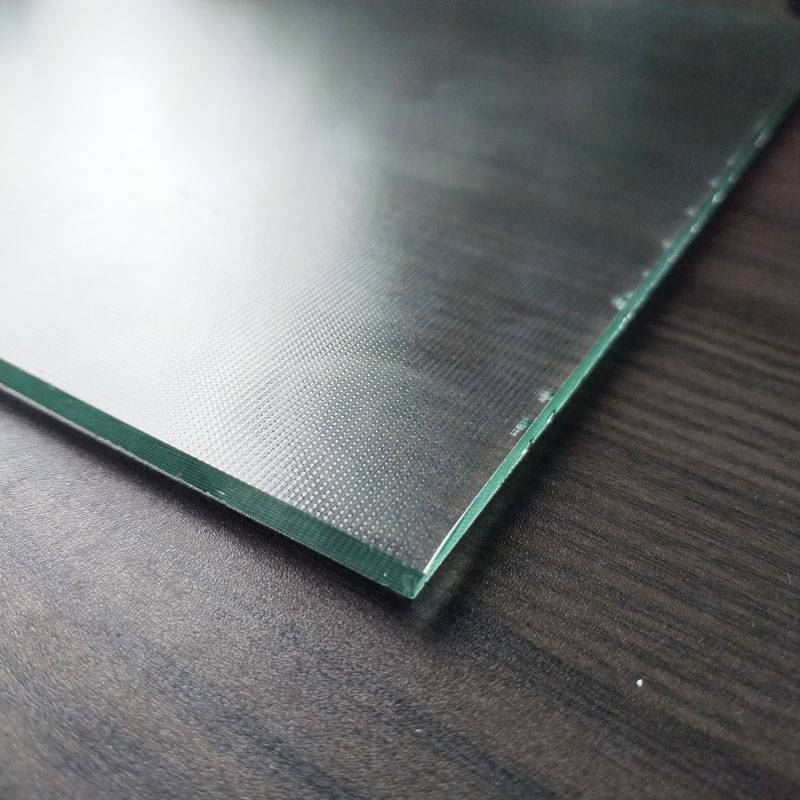Float glass, a revolutionary product in the construction industry, has dramatically transformed the way buildings are designed and constructed. With its smooth surface quality and unparalleled range of applications, float glass plays a crucial role in enhancing architectural aesthetics and performance.

Produced through a cutting-edge process that involves floating molten glass on a bed of molten tin, float glass achieves uniform thickness and an optical clarity previously unattainable. This process, developed in the early 20th century, ensures that the glass surface is perfectly smooth and distortion-free, making it an ideal choice for architectural applications.
One of the major advantages of float glass in construction is its versatility. Architects and builders prefer it not only for its transparency and aesthetic appeal but also for its structural qualities. Its ability to be tempered or laminated allows it to take on additional strength and safety features, making it suitable for a range of applications, from skyscraper facades to sleek interior partitions.

In urban architecture, where maximizing natural light is a priority, float glass plays a pivotal role. Its clarity enables the creation of open, light-filled spaces that connect indoor environments with the outside world. This not only enhances visual comfort but also contributes to energy efficiency by reducing reliance on artificial lighting. Moreover, advanced coatings can be applied to improve thermal insulation and solar control, reducing energy costs in high-performance buildings.
From a security standpoint, float glass can be transformed into bullet-resistant or shatterproof glass, offering safety without compromising on appearance. This makes it a preferred material in environments where security is paramount, such as in banks and airports.
float glass used in construction
The environmental benefits of using float glass should not be overlooked. It is fully recyclable, aligning with the sustainability goals that are crucial in modern construction practices. In addition, the durability and longevity of float glass mean less frequent replacements, resulting in less resource consumption over time.
Float glass also supports modern design trends that prioritize minimalist aesthetics. Its ability to be seamlessly integrated into structures allows architects to craft sleek, modern lines that define contemporary buildings. The availability of various tints and patterns further expands its design possibilities, enabling architects to play with light and shading to achieve desired visual effects.
As the demand for innovative building materials grows, the role of float glass in construction continues to expand. Its combination of elegance, versatility, and functionality makes it an invaluable resource for creating the sustainable smart buildings of the future. Builders and architects looking to incorporate state-of-the-art materials choose float glass for its unmatched quality and reliability.
In summary, float glass is not just a material; it's an enabler of design innovation and efficiency in construction. Its unique properties and adaptability make it indispensable in crafting spaces that are visually appealing, energy-efficient, and secure. For industry professionals seeking to deliver cutting-edge projects, understanding and utilizing float glass is an investment in quality, durability, and long-term performance.
 Afrikaans
Afrikaans  Albanian
Albanian  Amharic
Amharic  Arabic
Arabic  Armenian
Armenian  Azerbaijani
Azerbaijani  Basque
Basque  Belarusian
Belarusian  Bengali
Bengali  Bosnian
Bosnian  Bulgarian
Bulgarian  Catalan
Catalan  Cebuano
Cebuano  Corsican
Corsican  Croatian
Croatian  Czech
Czech  Danish
Danish  Dutch
Dutch  English
English  Esperanto
Esperanto  Estonian
Estonian  Finnish
Finnish  French
French  Frisian
Frisian  Galician
Galician  Georgian
Georgian  German
German  Greek
Greek  Gujarati
Gujarati  Haitian Creole
Haitian Creole  hausa
hausa  hawaiian
hawaiian  Hebrew
Hebrew  Hindi
Hindi  Miao
Miao  Hungarian
Hungarian  Icelandic
Icelandic  igbo
igbo  Indonesian
Indonesian  irish
irish  Italian
Italian  Japanese
Japanese  Javanese
Javanese  Kannada
Kannada  kazakh
kazakh  Khmer
Khmer  Rwandese
Rwandese  Korean
Korean  Kurdish
Kurdish  Kyrgyz
Kyrgyz  Lao
Lao  Latin
Latin  Latvian
Latvian  Lithuanian
Lithuanian  Luxembourgish
Luxembourgish  Macedonian
Macedonian  Malgashi
Malgashi  Malay
Malay  Malayalam
Malayalam  Maltese
Maltese  Maori
Maori  Marathi
Marathi  Mongolian
Mongolian  Myanmar
Myanmar  Nepali
Nepali  Norwegian
Norwegian  Norwegian
Norwegian  Occitan
Occitan  Pashto
Pashto  Persian
Persian  Polish
Polish  Portuguese
Portuguese  Punjabi
Punjabi  Romanian
Romanian  Russian
Russian  Samoan
Samoan  Scottish Gaelic
Scottish Gaelic  Serbian
Serbian  Sesotho
Sesotho  Shona
Shona  Sindhi
Sindhi  Sinhala
Sinhala  Slovak
Slovak  Slovenian
Slovenian  Somali
Somali  Spanish
Spanish  Sundanese
Sundanese  Swahili
Swahili  Swedish
Swedish  Tagalog
Tagalog  Tajik
Tajik  Tamil
Tamil  Tatar
Tatar  Telugu
Telugu  Thai
Thai  Turkish
Turkish  Turkmen
Turkmen  Ukrainian
Ukrainian  Urdu
Urdu  Uighur
Uighur  Uzbek
Uzbek  Vietnamese
Vietnamese  Welsh
Welsh  Bantu
Bantu  Yiddish
Yiddish  Yoruba
Yoruba  Zulu
Zulu 


